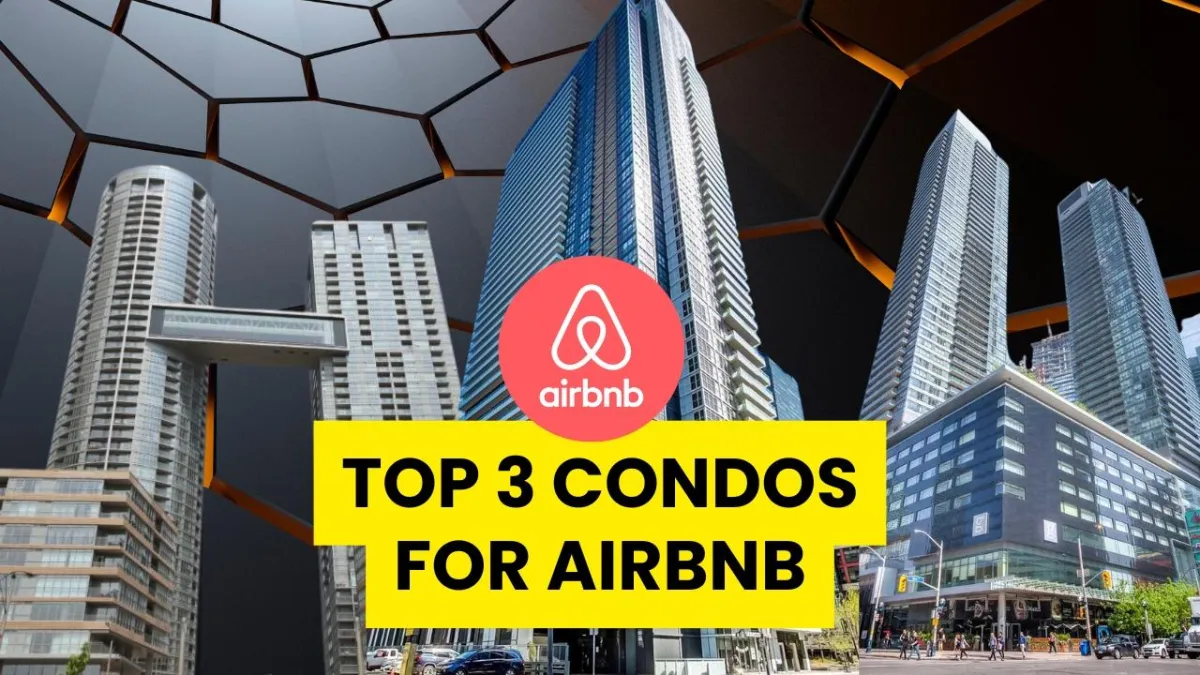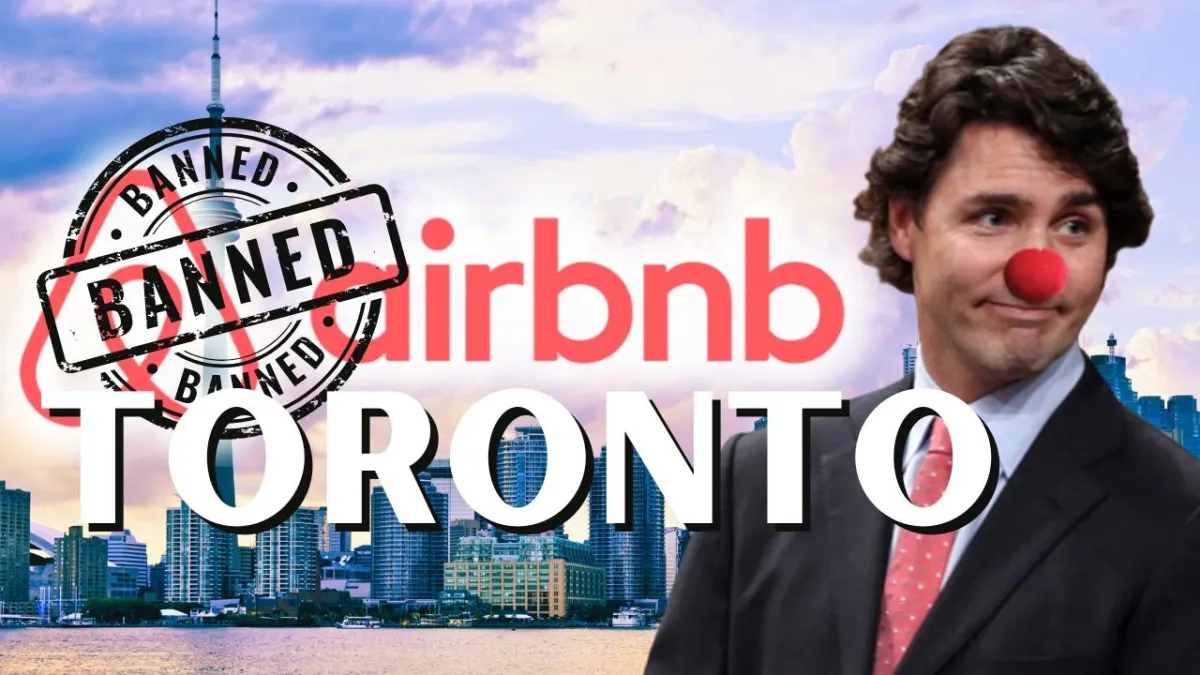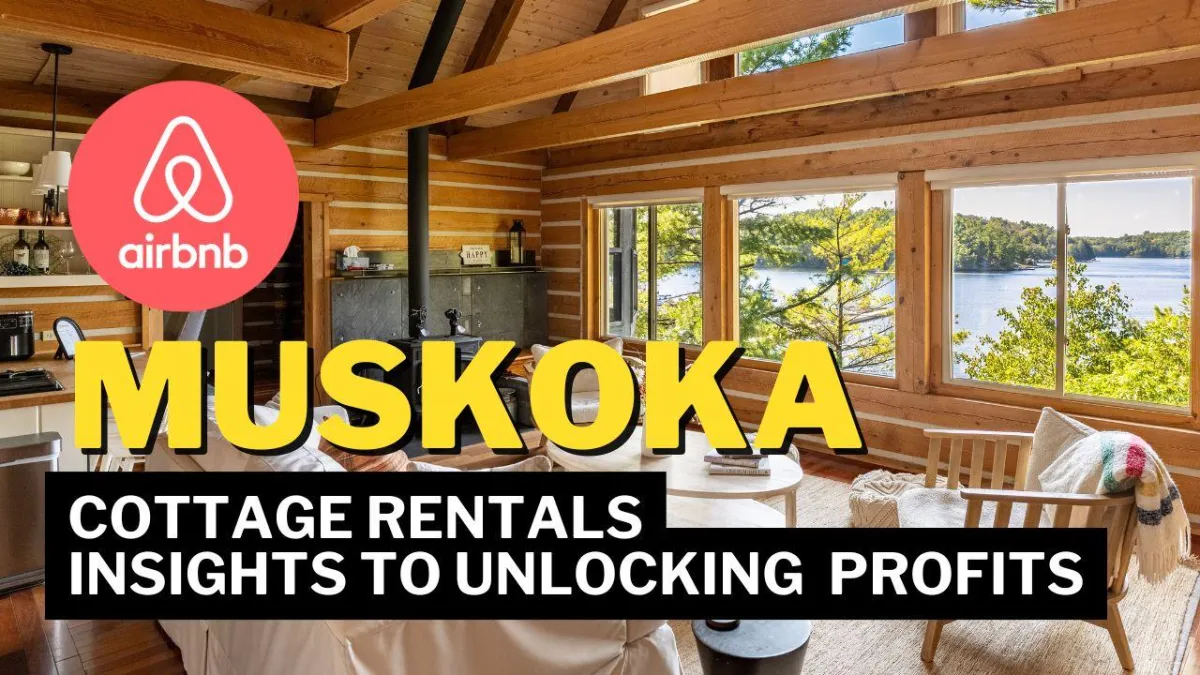
Airbnb Policy Update 2025: What Hosts Must Know to Stay Compliant & Grow Direct Bookings
Airbnb’s recent policy update has stirred significant conversation across the host community, with opinions ranging from calm acceptance to outright frustration. The core of the concern revolves around new terms that appear to restrict how hosts interact with guests off-platform—particularly when it comes to direct booking strategies.
While some hosts report little change to their standard operating procedures (SOPs), others fear a clampdown on independent marketing efforts. This blog post dives into the heart of Airbnb’s policy update, clarifying what’s really changing, what remains untouched, and how hosts can adapt without sacrificing their business goals. Whether you're a tech-savvy property manager or a more manual operator, this breakdown will help you stay compliant and informed.
The Core of Airbnb's New Policy
So, what exactly changed in Airbnb’s new policy? At its essence, Airbnb appears to be tightening enforcement around hosts encouraging guests to leave the platform for future bookings. The company’s message is clear: if Airbnb brings the guest to you, they want to retain that relationship—especially if that guest returns.
This aligns with common practices across major platforms like:
Amazon – Sellers can't direct customers to off-Amazon sites. (amazon.com)
Upwork & Fiverr – Moving client communication off-platform is a bannable offense. (upwork.com, fiverr.com)
Etsy – Sellers are restricted from including links or contact info that take buyers elsewhere. (etsy.com)
Airbnb is now reinforcing similar protections for its ecosystem, requiring that any data collection or redirection efforts not be mandatory for completing a reservation. It’s a significant shift that could affect how hosts communicate with past and future guests.
Clarification on API and Software-Connected Hosts
Fortunately, not all hosts are equally affected. A key clarification—shared by multiple experienced hosts and echoed by Airbnb support reps—points out that the new rules primarily apply to manual processes. If you're using a Property Management Software (PMS) or a system with an API integration, you may have more flexibility.
Software-connected hosts using tools like Hospitable (hospitable.com), Uplisting (uplisting.io), and Happy Guest can still collect security deposits, rental agreements, and guest IDs through external systems. These are not considered violations—as long as they’re not mandatory for booking through Airbnb and aren't conducted purely through Airbnb’s messaging platform.
This distinction offers a critical opportunity for hosts to optimize their tech stack, automate compliance, and retain elements of direct communication without crossing Airbnb’s terms of service. If you’re still using manual email or phone follow-ups, this might be the right time to upgrade your approach.
Direct Booking Strategy: Still Viable?
The good news is that direct booking strategies are still possible—if done right. Tools like StayFi allow you to collect guest emails, build loyalty funnels, and promote repeat stays through your own website, such as Homeseekervacation.com. According to clarification from Airbnb, using these tools is fine under two conditions:
You don't rely solely on Airbnb's messaging platform to collect the data.
You don’t make it a requirement for staying or accessing your property.
That means email opt-ins, special offers for returning guests, and newsletters are still fair game. The key is using non-Airbnb channels and ensuring your communication respects guest choice.
Impact on Manual Hosts and Legacy Systems
Hosts who are still using spreadsheets, manual guest outreach, or informal processes may face the most disruption. Airbnb’s emphasis on tech-driven operations signals a shift toward more standardized compliance and accountability. If you're not yet using an API-connected PMS or automation software, now is the time to invest.
The benefits of upgrading are substantial:
Reduced risk of TOS violations
More efficient communication and guest management
Higher trust with platforms and guests
A well-integrated system can help you stay competitive and legally sound while maintaining your brand presence beyond Airbnb.
Legal and Regulatory Background
Several hosts speculate that the new Airbnb policy changes are in response to increasing regulatory scrutiny, especially from U.S. federal authorities. A key regulation to watch is the FTC’s “Junk Fees” Rule, set to take effect in January 2025. (FTC Press Release)
The rule mandates clear disclosure of all mandatory fees in the short-term rental space. While not directly related to off-platform guest redirection, it could reflect the broader pressure Airbnb faces to clean up its operational standards and marketing practices.
Community Response and Concerns
The reaction from the host community has been fierce. Some hosts feel Airbnb is pushing an exclusive agreement without offering fair compensation in return. There are discussions of organized boycotts, legal challenges, and a growing sense of mistrust.
One vocal concern is that the policy disproportionately impacts smaller hosts or those just beginning to develop their direct booking strategy. The shift may favor larger operators who already use sophisticated tech stacks.
Expert Takes and Thought Leaders
Industry expert Sean Rakidzich posted a comprehensive breakdown on his YouTube channel analyzing the new policy’s legal and practical implications. According to him, the change is likely temporary—or at least legally challengeable. He foresees the possibility of class-action lawsuits if enforcement becomes aggressive.
For expert insights, we recommend searching “Sean Rakidzich Airbnb policy” on YouTube for the latest analysis.
Airbnb’s Rationale: Protecting the Platform
From Airbnb’s perspective, this move protects the integrity of its ecosystem. After all, the company invests millions in marketing and brand awareness to drive traffic to its platform. It’s only logical they’d want to prevent that traffic from being siphoned off without compensation.
Similar models exist in many industries:
SaaS affiliate programs that penalize off-platform sales
Food delivery apps restricting restaurant redirection
Real estate agents tied to multi-year commission agreements
Airbnb wants to ensure hosts don’t benefit from its marketing reach without adhering to its rules.
Adapting Your SOPs: Tips for Hosts
So how can hosts adapt without losing their edge? The answer lies in updating your SOPs (Standard Operating Procedures). Here’s a quick checklist:
Use a PMS or API-connected tool like Hospitable, Uplisting, or Hostaway
Collect guest information using third-party platforms like StayFi
Never make external communication a requirement for booking
Offer direct booking options through your own website (e.g., Homeseekervacation.com) post-stay
Staying compliant doesn’t mean surrendering your business autonomy—it means being smarter about how you operate.
Parking Fees, HOAs, and Optional Add-ons
Hosts who operate in HOA-regulated environments or municipalities that impose guest parking fees face added complexity. But there are creative solutions:
One host compared parking to optional services like beach chair rentals. Just as guests can choose whether to rent chairs, they can also choose between paying an HOA parking fee or finding alternative public options. As long as you make it optional and transparent, you're within Airbnb’s guidelines.
Myths vs Facts: What's Actually Changing?
Myth: Email collection is banned.
Fact: It’s allowed if not mandatory and done off-platform.
Myth: You can't communicate with guests outside Airbnb.
Fact: You can—just not exclusively via Airbnb messaging.
Myth: Direct booking is dead.
Fact: Far from it. It just requires smarter execution.
Hosts should rely on accurate sources and community leaders to stay informed.
Should Hosts Be Worried?
It depends. If you're tech-connected, following Airbnb’s terms, and building your brand on the side, you're likely safe. However, manual hosts or those aggressively promoting off-platform bookings should proceed with caution.
Diversification—through tech, platforms, and your own website like Homeseekervacation.com—remains the smartest defense.
Future Outlook: What Might Come Next
Looking ahead, more regulatory pressure is expected. Airbnb may adjust its enforcement approach based on community feedback, legal challenges, or host attrition. Policy rollbacks, platform lawsuits, and new industry standards are all possible in the months ahead.
Meanwhile, hosts should focus on staying compliant, informed, and adaptable.
Conclusion
Airbnb’s new policy is a wake-up call for hosts to modernize their systems and clarify their strategies. The move may be frustrating, but it also offers an opportunity to build a more resilient and tech-enabled hosting business.
By using trusted tools, maintaining off-platform flexibility, and strengthening your direct booking presence via sites like Homeseekervacation.com, you can future-proof your rental business.
FAQs
1. Does this new policy ban email collection entirely?
No. Tools like StayFi are still compliant as long as data collection is optional and not handled through Airbnb messaging.
2. Can I still encourage repeat guests to book direct?
Yes, especially post-stay or using newsletters and off-platform channels such as your own site.
3. What if I don’t use any PMS tools?
You may want to consider one like Hospitable or Uplisting to remain compliant and future-ready.
4. Are HOAs and local taxes considered violations?
No, as long as they are optional or transparently communicated.
5. Will Airbnb penalize me for using StayFi or similar tools?
Not if you follow the rules: don’t make it mandatory and use non-Airbnb channels.
P.S. Want to know how much your cottage could earn on Airbnb?
For a limited time, Homeseeker Vacation Homes is offering a FREE Airbnb Revenue Report for cottage owners. Discover your property’s true earning potential with insights on pricing optimization, occupancy trends, and revenue projections tailored to the Muskoka market.
Take the first step toward maximizing your rental income while enjoying peace of mind. Click here to request your free report and start turning your Muskoka investment into a revenue-generating retreat today!



